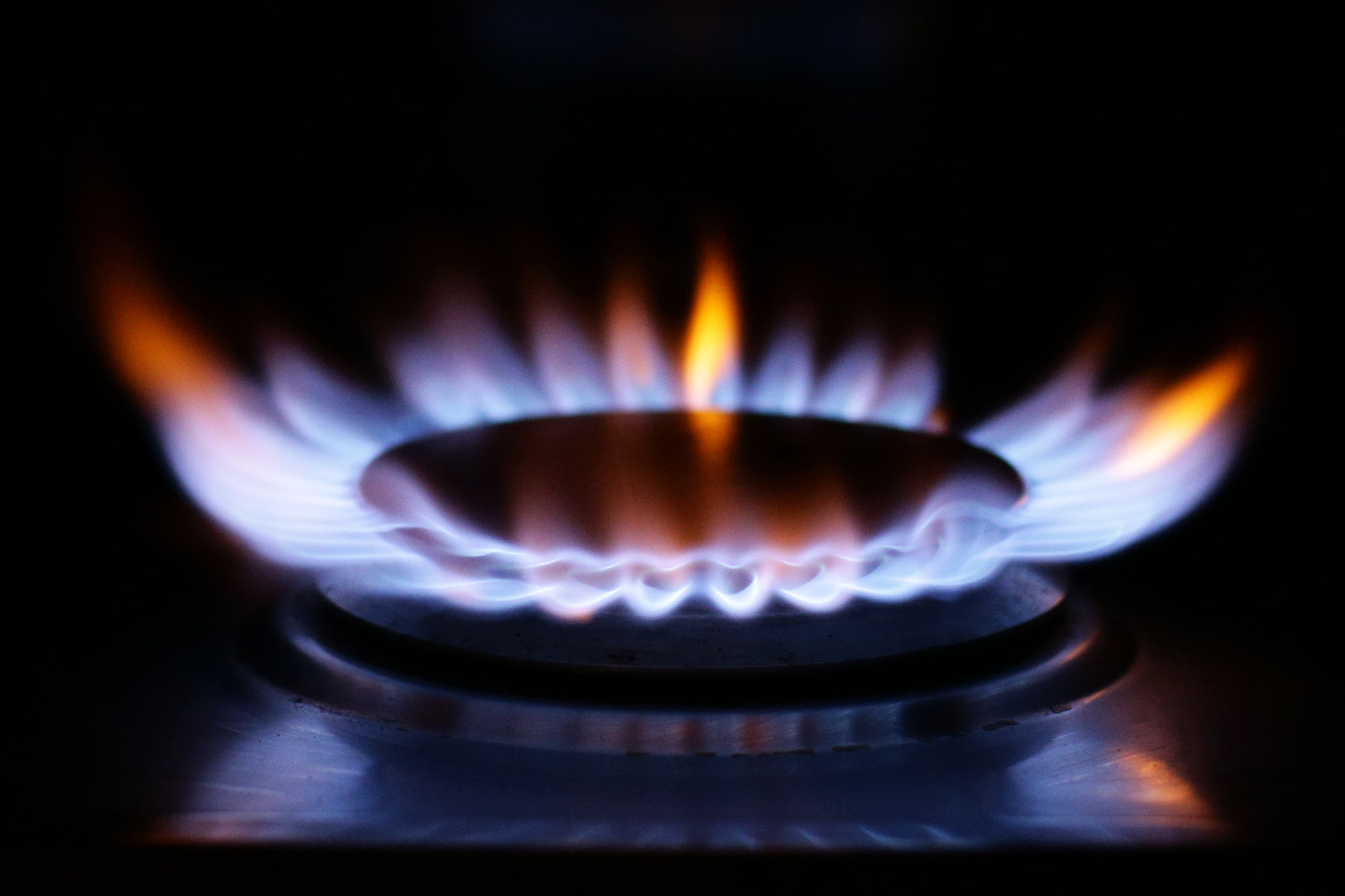Ofgem expected to slash price cap, but bills likely to remain high
Many households’ monthly energy bills might be higher this winter than they were last winter, despite the price cap dropping.

Your support helps us to tell the story
From reproductive rights to climate change to Big Tech, The Independent is on the ground when the story is developing. Whether it's investigating the financials of Elon Musk's pro-Trump PAC or producing our latest documentary, 'The A Word', which shines a light on the American women fighting for reproductive rights, we know how important it is to parse out the facts from the messaging.
At such a critical moment in US history, we need reporters on the ground. Your donation allows us to keep sending journalists to speak to both sides of the story.
The Independent is trusted by Americans across the entire political spectrum. And unlike many other quality news outlets, we choose not to lock Americans out of our reporting and analysis with paywalls. We believe quality journalism should be available to everyone, paid for by those who can afford it.
Your support makes all the difference.Energy regulator Ofgem is on Friday set to slash the energy price cap but many households will likely see higher monthly bills this winter than last year.
The cap – which limits the amount that a supplier can charge per unit of gas or electricity they sell – is expected to fall, cutting around £150 per year off the average annual household energy bill from the start of October.
According to experts at Cornwall Insight, an energy consultancy, the price of gas will fall from 7.5p per kilowatt hour (kWh) today to 6.9p from October 1.
The price of electricity will fall from 30.1p per kWh to just under 27p, the consultants said.
This means that average annual energy bills for a household in Great Britain will fall from £2,074 today to £1,926 from October 1.
This is based on an estimate that the average household uses 2,900 kWh of electricity and 12,000 kWh of gas.
Last winter the average household energy bill was £2,500 per year, thanks to the Government’s Energy Price Guarantee scheme.
Households were also getting £66 per month taken off their bills by the Government.
The average household therefore would be paying around £141 per month after the discount over the winter months if they were on a direct debit payment plan.
If the forecasts are accurate, households using the same amount of energy this winter will be paying around £160 per month.
The price cap will be the lowest since March 2022, but it will stay around 50% higher than two years ago.
And bills are expected to rise again in January, wiping out the gains made in this price cap. Forecasters at Cornwall Insight expect that bills have hit something of a new normal and will stay close to current levels until at least October 2024.
It has caused charity National Energy Action (NEA) to warn that 6.3 million households could be trapped in fuel poverty this winter. It is somewhat less than last year, but far ahead of the 4.5 million in October 2021.
“The price cap does not protect those who simply cannot afford the cost of keeping warm,” said NEA chief executive Adam Scorer.
“The UK Government can still act – by directly reducing energy bills via targeted energy discounts or a more targeted Energy Price Guarantee for low-income and vulnerable households.
“It knows how to do it. It has millions of pounds unspent from previous schemes. It is aware that failing to act will consign millions to another winter of despair and suffering.”
Ofgem has also updated the way it calculates the average annual bill. It now thinks the average household consumes around 500 kWh of gas and 200 kWh of electricity less than it used to. Taking this into account, the average bill is expected to fall to around £1,824 per year.
Now that higher energy costs seem to be here to stay for the medium term, experts say the best way to reduce bills is to reduce the amount of energy that people need.
Better insulated homes will need less gas, and people can also do things like turn down their boilers’ flow temperature to reduce their gas use, without making their homes colder.
Mike Thornton, chief executive at Energy Saving Trust, said: “Energy prices are still high and we may see increases again this winter, so the message for government hasn’t changed.
“Addressing the root causes – not least our over-reliance on gas – to permanently lower energy prices is more important than ever.”
He added: “As we head into winter, the cost of heating our homes comes back into focus but investing in insulation and other forms of energy efficiency remains out of reach for many.
“A wrap-around national retrofit programme for households, underpinned by financial incentives and personalised advice, would reduce our demand for gas and bring bills down in both the short and long term.”